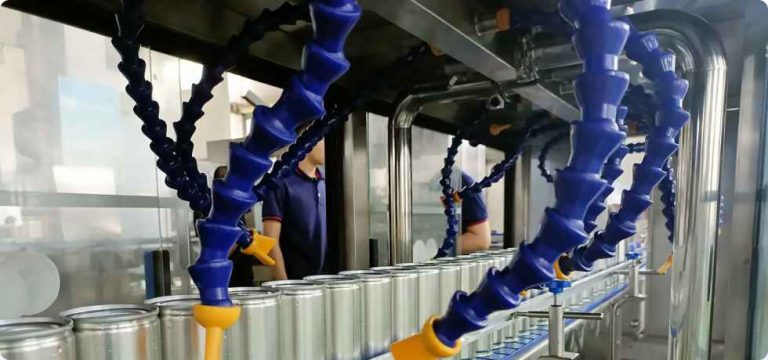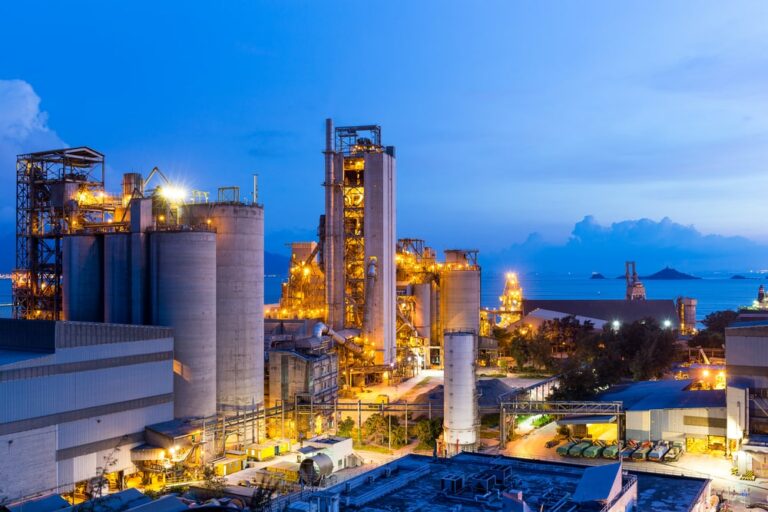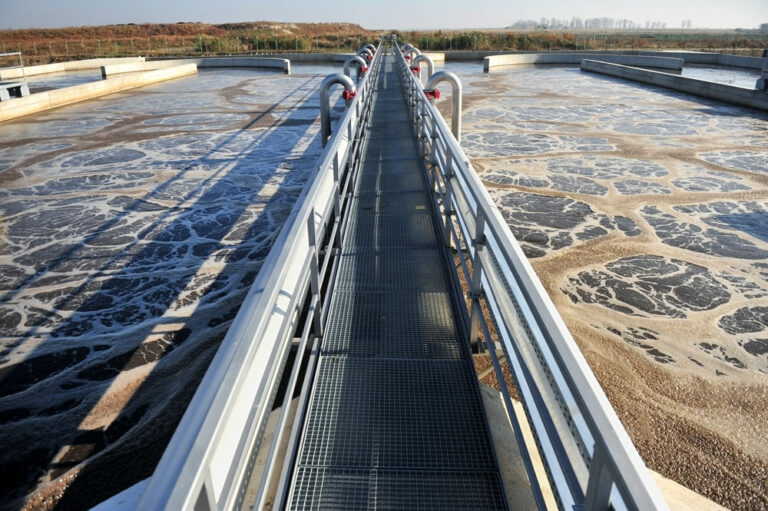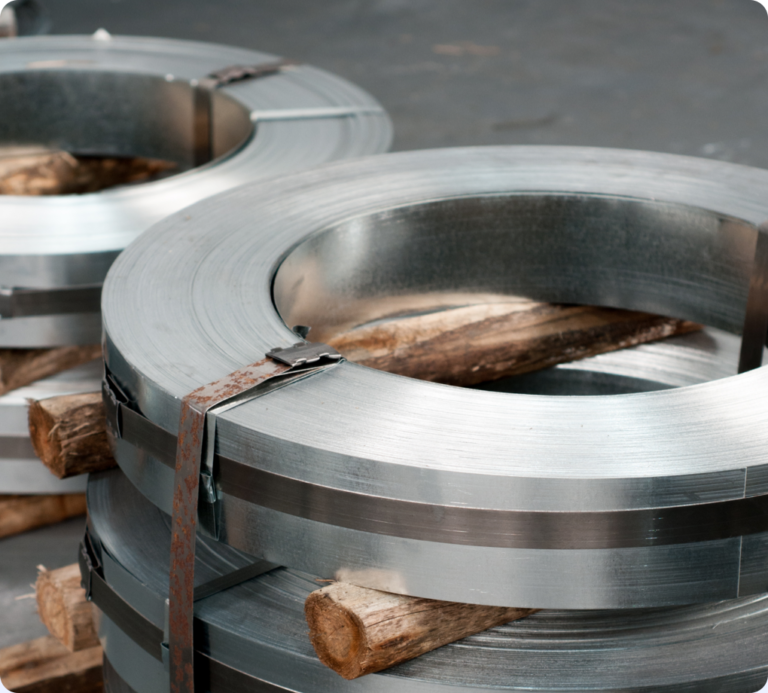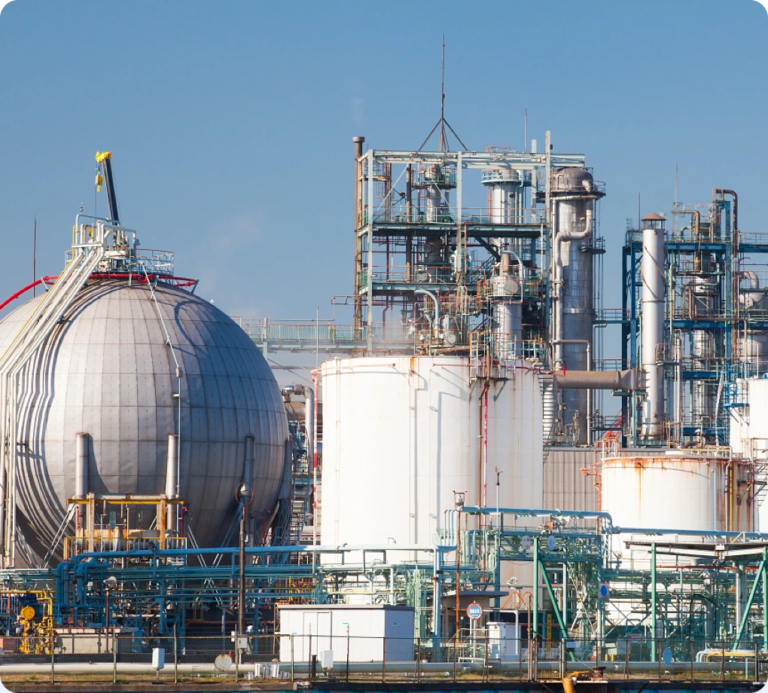RAETTS is a manufacturer of blowers, such as blower machine,Centrifugal Blower For Paper Making,Aeration Blowers,Air Blower Wastewater Treatment,turbo blower for blast furnace. The products are widely used in dyeing and other industries. The company has advanced testing equipment and production facilities, has more than 18 years of manufacturing experience, is very skilled in design, development and manufacturing, and has been exported to more than 30 countries.We can provide more energy conservation for the world, provide more perfect product solutions for customers, and provide good quality and highly competitive prices through mass production. We hope that all customers can provide 100% satisfactory solutions for fans and motors. Welcome more customers from all walks of life to contact us to create a common success in future business relations. We offer the best products and services at the most favorable prices.

| Product name | high-speed turbo blowers |
| Keyword | blower machine,Centrifugal Blower For Paper Making,Aeration Blowers,Air Blower Wastewater Treatment,turbo blower for blast furnace |
| Place of Origin | China |
| Feature | RAETTS air bearing turbo blower is a brand-new concept blower, which integrates the main core technologies such as “air suspension bearing”, “permanent magnet ultra-high-speed motor”, “high-precision aviation-grade impeller”, and creates a new era of ultra-high efficiency ,low noise and low energy consumption. |
| Dimensions | 772mm*716mm*765mm, (Contact us for specific information to confirm) |
| Applicable Industries | dyeing, etc. |
| Weight | 392kg |
| delivery date | the common delivery time will be 30-40 days. |
| terms of paymen | RAETTS accept payment by T/T(30% advance payment,70% before shipment) |
| Life span | 18 years (Contact us for specific information to confirm) |
| After-sale service | RAETTS warranty time for air bearing blower and maglev turbo blower is 24months,for high speed centrifugal blower is 12 months. |
| Advantage | We keep good quality and competitive price to ensure our customers benefit |
| Packing | 869x802x890mm(Contact us for specific information to confirm) |
| OEM/ODM | Customization Service Provided |
| Sales country | All over the world for example:Israel,Zambia,Martinique,Mexico,Iran,United Arab Emirates |
| MOQ | 4pcs(Contact us for specific information to confirm) |
| production capacity | production capacity RAETTS production quantity for air bearing blower and maglev turbo blower is about 200pcs/month,for high speed centrifugal blower is about 700pcs/month. |
| raw materials | RAETTS air blower impeller in made of aluminum alloy,enclosure material is carbon steel,rotor material is cast iron.If customers need other special materials,we can also customized according to customers requirements |
| technology | RAETTS air bearing blower technology is originated from South Korea and maglev turbo blower technology is originated from Germany.RAETTS also have R&D team from Xi’an Jiaotong University |
| quality system | RAETTS has quality management system certificate ISO9001:2015 and enviromental management system certificate ISO14001:2015 |

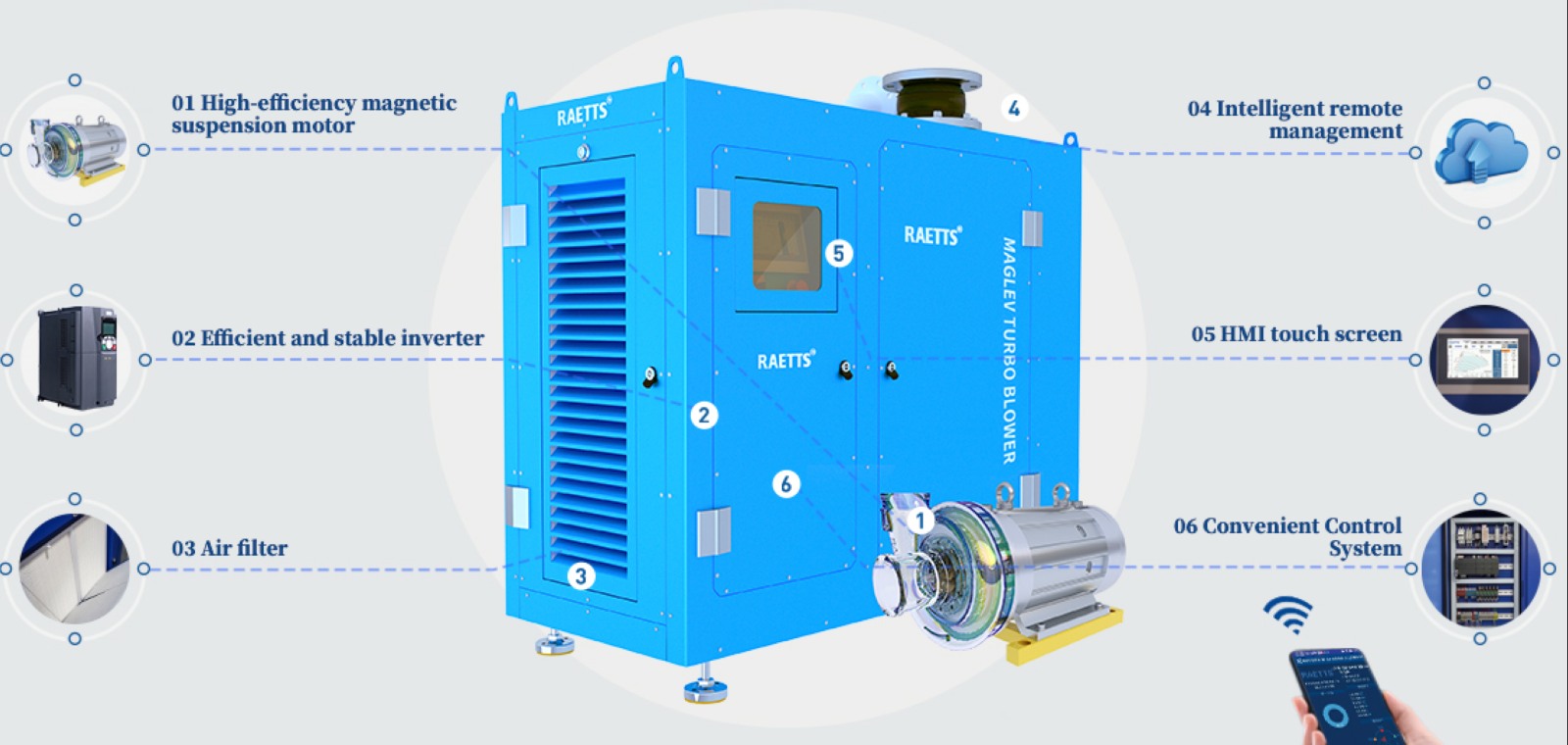
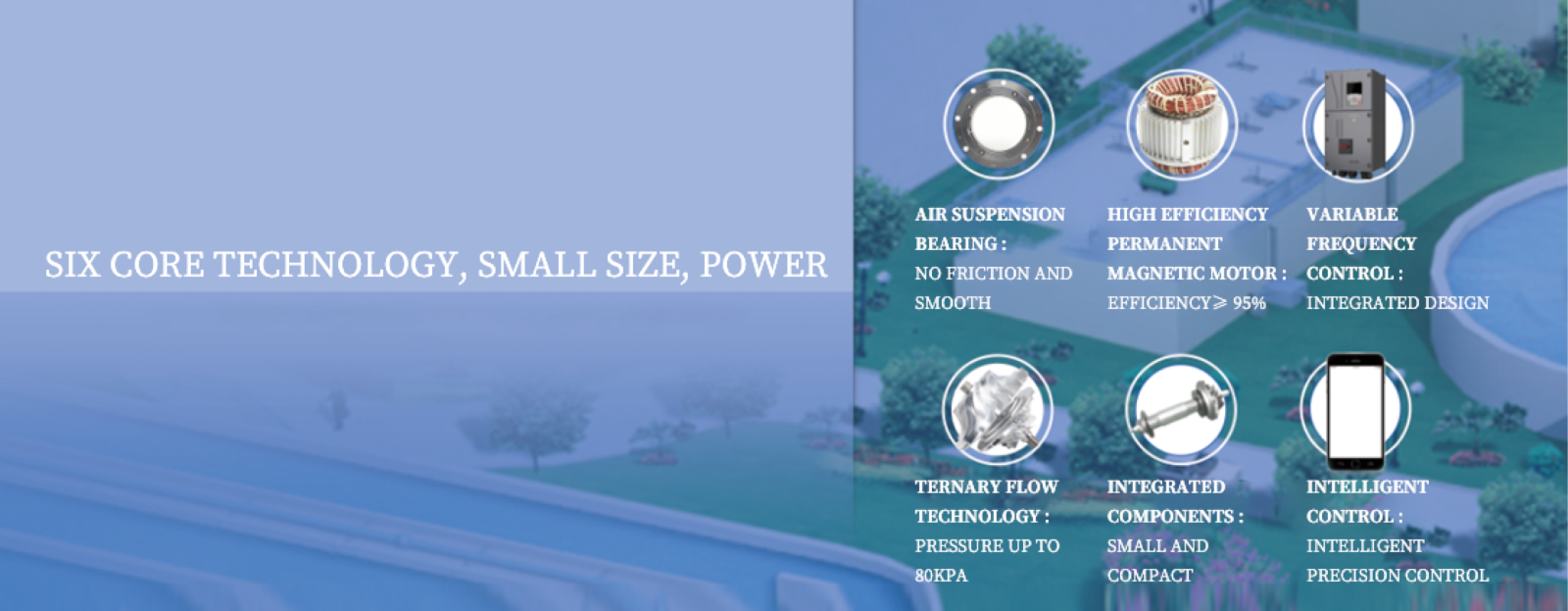
high-speed turbo blowers services FAQs Guide
Are you looking for a quick review guide about high-speed turbo blowersservices?
An ultimate FAQ buying guide is available to help you.This guide contains all the information about all the important facts, figures, and various processes regarding high-speed turbo blowers services.
Let’s continue!
2.Is a Turbo Blower Easy to Install and Integrate into My System?
3.Are There Customizable Options Available for Turbo Blowers?
4.About high-speed turbo blowers overseas warehouse
5.How Does a Turbo Blower Improve Overall System Performance?
6.Are Turbo Blowers More Suitable for Certain Applications?
7.About high-speed turbo blowers production equipment
8.How Long is the Lifespan of a Turbo Blower?
9.What are the different types of high-speed turbo blowers available in the market?
10.How Does a Turbo Blower Ensure Oil-Free Operation?
11.How Does a Variable Speed Drive Affect a Turbo Blower’s Performance?
12.About high-speed turbo blowers raw materials
13.What Maintenance is Required for a Turbo Blower?
1.Why Should I Choose a Turbo Blower for My Industrial Operation?
We should enjoy a good reputation in the industry, and we can increase the added value of the products of cooperative customers through technological innovation.
1. Energy Efficiency: Turbo blowers are known for their high energy efficiency compared to traditional blowers. They use less energy to produce the same amount of air flow, resulting in lower operating costs and reduced energy consumption.
2. Compact Design: Turbo blowers have a compact design, making them ideal for industrial operations with limited space. They can be installed in tight spaces and still provide high air flow rates.
3. Low Maintenance: Turbo blowers have fewer moving parts compared to traditional blowers, resulting in lower maintenance requirements and costs. This also means less downtime for maintenance, resulting in increased productivity.
4. Variable Speed Control: Turbo blowers have variable speed control, allowing for precise control of air flow and pressure. This makes them suitable for a wide range of industrial applications.
5. Quiet Operation: Turbo blowers operate at a lower noise level compared to traditional blowers, making them ideal for industrial operations where noise levels need to be kept to a minimum.
6. Durability: Turbo blowers are designed to be durable and long-lasting, with minimal wear and tear on the components. This results in a longer lifespan and reduced replacement costs.
7. Environmental Benefits: Turbo blowers are environmentally friendly, as they produce less noise and vibration, and have lower energy consumption. This makes them a more sustainable option for industrial operations.
8. Easy Installation: Turbo blowers are easy to install and can be up and running in a short amount of time. This reduces installation costs and downtime for the operation.
9. High Air Flow Rates: Turbo blowers are capable of producing high air flow rates, making them suitable for a wide range of industrial applications that require high volumes of air.
10. Customizable Options: Turbo blowers can be customized to meet the specific needs of an industrial operation. This includes options for different air flow rates, pressure levels, and control systems.
2.Is a Turbo Blower Easy to Install and Integrate into My System?
We continuously upgrade our skills and knowledge to adapt to changing high-speed turbo blowers market needs.
Yes, a turbo blower is relatively easy to install and integrate into a system. It typically comes with a mounting base or bracket that can be easily attached to a flat surface. The blower also has inlet and outlet connections that can be easily connected to the existing piping system. In addition, most turbo blowers come with a control panel that can be easily integrated into the system’s control system. However, it is important to consult the manufacturer’s installation instructions and guidelines to ensure proper installation and integration.
3.Are There Customizable Options Available for Turbo Blowers?
Being one of the top high-speed turbo blowers manufacturers in China, We attach great importance to this detail.
Yes, there are customizable options available for turbo blowers. Some of the common customizable options include:
1. Motor Size: The motor size can be customized to meet specific power requirements and operating conditions.
2. Impeller Size and Design: The impeller size and design can be customized to achieve the desired flow rate and pressure.
3. Material of Construction: The material of construction can be customized to suit the application and environment. For example, stainless steel or corrosion-resistant coatings can be used for applications in corrosive environments.
4. Inlet and Outlet Configurations: The inlet and outlet configurations can be customized to fit the existing piping system or to optimize the flow pattern.
5. Control System: The control system can be customized to include features such as variable speed drives, remote monitoring, and automation.
6. Sound Attenuation: Sound attenuation options can be added to reduce the noise level of the turbo blower.
7. Mounting Options: The mounting options can be customized to fit the available space and installation requirements.
8. Accessories: Various accessories such as filters, silencers, and dampers can be added to the turbo blower to enhance its performance and efficiency.
It is important to consult with the manufacturer or supplier to discuss the specific customization options available for a particular turbo blower model.
4.About high-speed turbo blowers overseas warehouse
RAETTS is cooperating with global distributors,some distributors has stock or sample in their warehouse.For now,RAETTS has Germany factory warehouse,and we are building the USA warehouse.
5.How Does a Turbo Blower Improve Overall System Performance?
We have a wide range of high-speed turbo blowers customer groups and establishes long -term cooperative relationships with partners. The countries we provide services include Israel,Zambia,Martinique,Mexico,Iran,United Arab Emirates.
A turbo blower is a type of centrifugal blower that uses a high-speed impeller to generate air flow. It is commonly used in industrial and municipal applications for a variety of purposes, including aeration, ventilation, and pneumatic conveying.
One of the main ways that a turbo blower improves overall system performance is by providing a higher flow rate and pressure compared to traditional blowers. This is due to the high-speed impeller, which can rotate at speeds of up to 50,000 RPM, creating a more powerful and efficient air flow.
Additionally, turbo blowers are designed to be more energy-efficient than traditional blowers. They use advanced technologies such as variable frequency drives (VFDs) and magnetic bearings to reduce energy consumption and operating costs. This not only saves money but also reduces the carbon footprint of the system.
Another advantage of turbo blowers is their compact size and lightweight design. This makes them easier to install and requires less space, which is especially beneficial in applications where space is limited. The compact design also allows for easier maintenance and reduces the need for frequent repairs.
Furthermore, turbo blowers are known for their quiet operation. The high-speed impeller and advanced technologies used in turbo blowers result in lower noise levels compared to traditional blowers. This is particularly important in applications where noise pollution is a concern.
Overall, the improved performance of a turbo blower translates into better system efficiency, lower operating costs, and reduced environmental impact. This makes it a popular choice for a wide range of industrial and municipal applications.
6.Are Turbo Blowers More Suitable for Certain Applications?
We have advanced production equipment and technology to meet the needs of customers, and can provide customers with high quality, low priced high-speed turbo blowers products.
Yes, turbo blowers are more suitable for certain applications compared to other types of blowers. Some of the applications where turbo blowers are commonly used include:
1. Wastewater Treatment: Turbo blowers are widely used in wastewater treatment plants for aeration and mixing processes. They are highly efficient and can handle varying airflows and pressures, making them ideal for this application.
2. Pneumatic Conveying: Turbo blowers are also commonly used in pneumatic conveying systems for transporting materials such as powders, pellets, and granules. They provide a steady and consistent airflow, making them suitable for this application.
3. Industrial Processes: Turbo blowers are used in various industrial processes such as cooling, drying, and ventilation. They are preferred for these applications due to their high efficiency, compact size, and low noise levels.
4. Aquaculture: Turbo blowers are used in aquaculture systems for providing aeration and maintaining oxygen levels in the water. They are also used for mixing and circulation in fish tanks and ponds.
5. Biogas Production: Turbo blowers are used in biogas production plants for providing the necessary air for the digestion process. They are also used for mixing and agitation in the biogas tanks.
Overall, turbo blowers are suitable for applications that require high efficiency, variable airflows and pressures, and low noise levels. They are also preferred for applications where space is limited, as they have a compact design.
7.About high-speed turbo blowers production equipment
RAETTS production equipments are including:Germany imported HERMLE five-axis processing center,AFMING five-axis processing center,Japan Mazak CNC machine tool,sheet metal production and processing center,JIR fine CNC processing center,LEADMA CNC processing center,DOOSAN CNC machine tool,test center,accembly center,motor production center,MAKE laser cutting machine,LFK bending machine,Sweden HEXAGON three coordinate inspection instrument and so on.
8.How Long is the Lifespan of a Turbo Blower?
Our high-speed turbo blowers products have competitive and differentiated advantages, and actively promote digital transformation and innovation.
The lifespan of a turbo blower can vary depending on several factors, including the quality of the blower, the operating conditions, and the maintenance and care it receives. On average, a well-maintained turbo blower can last anywhere from 10 to 20 years. However, with proper maintenance and care, some turbo blowers have been known to last up to 30 years or more. It is important to regularly inspect and service the blower to ensure it is functioning properly and to address any potential issues before they become major problems.
9.What are the different types of high-speed turbo blowers available in the market?
For the industrial air blower,normally it is including side channel blower(also called ring blower),roots blower(also called lobe blower),single-stage centrifugal blower,multi-stage centrifugal blower,air foil bearing blowers and maglev turbo blowers.
10.How Does a Turbo Blower Ensure Oil-Free Operation?
We pay attention to user experience and product quality, and provide the best product quality and lowest production cost for cooperative customers.
A turbo blower ensures oil-free operation through its design and construction, as well as through the use of specialized components and systems.
1. Oil-Free Design: Turbo blowers are designed to operate without the need for oil lubrication. This means that all the moving parts, such as the impeller and bearings, are designed to function without the use of oil. This eliminates the risk of oil contamination in the air stream.
2. Magnetic Bearings: Turbo blowers use magnetic bearings instead of traditional oil-lubricated bearings. These bearings use magnetic fields to levitate and support the rotating shaft, eliminating the need for oil lubrication. This also reduces friction and wear, resulting in longer service life and improved efficiency.
3. Air Cooling: Turbo blowers use air cooling instead of oil cooling. This means that the blower is cooled by the surrounding air, rather than by circulating oil. This eliminates the risk of oil leaks and contamination.
4. Sealed Enclosure: Turbo blowers are enclosed in a sealed housing, which prevents any oil from escaping into the air stream. This ensures that the air being delivered is completely oil-free.
5. Oil-Free Seals: The seals used in turbo blowers are specially designed to be oil-free. This prevents any oil from leaking into the air stream and ensures that the air being delivered is completely oil-free.
6. Oil-Free Filtration: Turbo blowers use specialized oil-free filtration systems to remove any oil or contaminants from the air stream. This ensures that the air being delivered is clean and oil-free.
Overall, the combination of these design features and specialized components ensures that a turbo blower operates without the need for oil lubrication, resulting in completely oil-free operation. This is essential for applications where oil contamination is not acceptable, such as in food and beverage production, pharmaceutical manufacturing, and electronics production.
11.How Does a Variable Speed Drive Affect a Turbo Blower’s Performance?
We focus on innovation and continuous improvement to maintain a competitive advantage.
A variable speed drive (VSD) can have a significant impact on a turbo blower’s performance. Here are some ways in which a VSD can affect a turbo blower:
1. Energy Efficiency: One of the main benefits of using a VSD with a turbo blower is improved energy efficiency. By adjusting the speed of the blower to match the required air flow, a VSD can reduce the amount of energy consumed by the blower. This is because the blower does not have to run at full speed all the time, which can result in significant energy savings.
2. Improved Control: A VSD allows for precise control over the speed of the blower, which in turn allows for better control over the air flow. This is especially useful in applications where the air flow requirements vary, as the blower can be adjusted to meet the changing demands.
3. Reduced Wear and Tear: Running a turbo blower at full speed all the time can put a lot of strain on the equipment, leading to increased wear and tear. By using a VSD, the blower can be operated at lower speeds when the demand is lower, reducing the strain on the equipment and extending its lifespan.
4. Noise Reduction: Turbo blowers can be quite noisy when running at full speed. By using a VSD to adjust the speed of the blower, the noise level can be reduced significantly. This is especially beneficial in applications where noise levels need to be kept to a minimum.
5. Improved Process Control: In some applications, the air flow requirements may need to be adjusted constantly to maintain a specific process condition. A VSD allows for precise control over the air flow, making it easier to maintain the desired process conditions.
In summary, a variable speed drive can have a positive impact on a turbo blower’s performance by improving energy efficiency, control, reducing wear and tear, noise levels, and improving process control. It is a valuable tool for optimizing the performance of a turbo blower in various applications.
12.About high-speed turbo blowers raw materials
RAETTS air blower impeller in made of aluminum alloy,enclosure material is carbon steel,rotor material is cast iron.If customers need other special materials,we can also customized according to customers requirements.
13.What Maintenance is Required for a Turbo Blower?
We continue to invest in research and development and continue to launch innovative products.
1. Regular Cleaning: The most important maintenance task for a turbo blower is regular cleaning. This includes removing any debris or buildup from the blower blades, housing, and inlet and outlet ports. This can be done using compressed air or a soft brush.
2. Lubrication: The bearings and gears of a turbo blower require regular lubrication to ensure smooth operation and prevent wear and tear. It is important to follow the manufacturer’s recommendations for the type and frequency of lubrication.
3. Inspection of Belts and Couplings: The belts and couplings of a turbo blower should be inspected regularly for wear and tear. Any signs of damage or wear should be addressed immediately to prevent further damage to the blower.
4. Check for Air Leaks: Air leaks can significantly reduce the efficiency of a turbo blower. Regularly check for any leaks in the blower system and repair them promptly.
5. Monitor Vibration Levels: Excessive vibration can indicate a problem with the blower, such as misalignment or worn bearings. Regularly monitor vibration levels and address any issues promptly to prevent further damage.
6. Check for Overheating: Overheating can damage the components of a turbo blower. Regularly check the temperature of the blower and address any overheating issues immediately.
7. Replace Worn Parts: Over time, the blades, bearings, and other components of a turbo blower may wear out and need to be replaced. It is important to regularly inspect these parts and replace them as needed to maintain the blower’s efficiency.
8. Follow Manufacturer’s Maintenance Schedule: It is important to follow the manufacturer’s recommended maintenance schedule for your specific turbo blower model. This will ensure that all necessary maintenance tasks are performed at the appropriate intervals.
9. Keep a Maintenance Log: Keeping a detailed maintenance log can help track the performance of the turbo blower and identify any recurring issues. This can also help with scheduling and planning for future maintenance tasks.
10. Consult a Professional: If you are unsure about any maintenance tasks or notice any unusual issues with your turbo blower, it is best to consult a professional for assistance. They can provide expert advice and ensure that the blower is properly maintained.
Tag:blower for wastewater treatment,direct drive turbo blower,turbo blower distributors,Vacuum blowers in the paper industry,centrifugal air suspension blower,blower professional turbo,blower for pneumatic conveying

